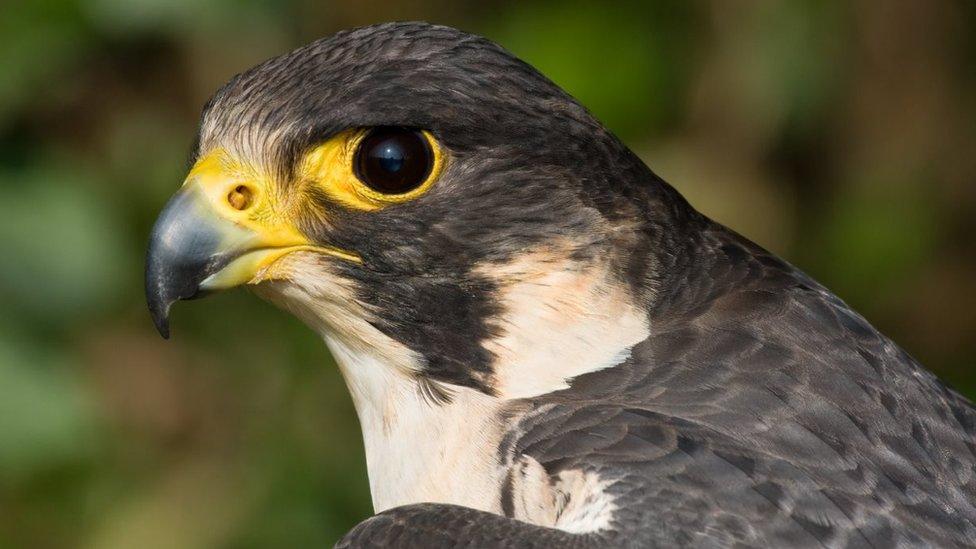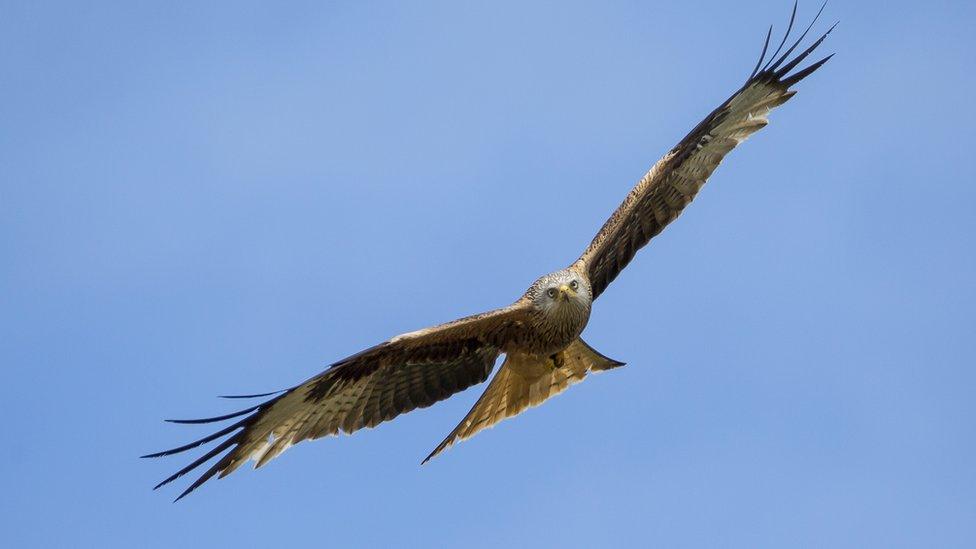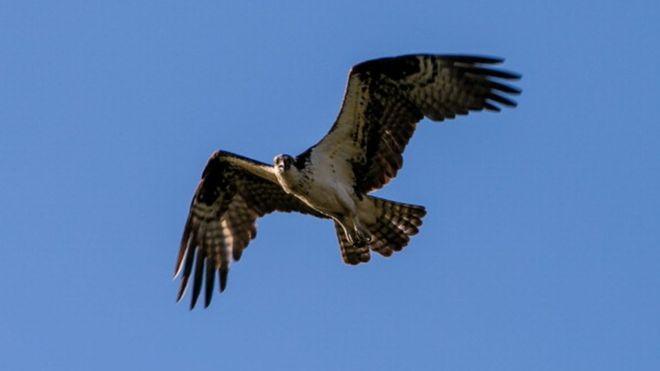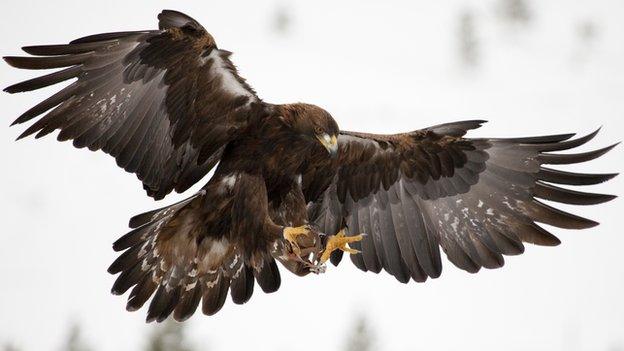Scottish wildlife groups urged to unite to fight crime
- Published

An "alarming distrust" exists between organisations tackling wildlife crime, according to the Scottish Parliament's environment committee.
In a letter to the environment secretary, it said there were tensions between some groups on the Partnership for Action Against Wildlife Crime.
The organisation meets to discuss wildlife crime strategies.
The committee also said gaps exist in Police Scotland's understanding of the full extent of wildlife crime.
The Partnership for Action Against Wildlife Crime includes RSPB Scotland and the Scottish Gamekeepers Association.
'Openly ignoring'
Environment committee convener Graeme Dey MSP said: "Wildlife crime, in all its guises and wherever it takes place, is unacceptable and there should be a zero tolerance approach towards such activities and those who undertake them.
"Tackling this issue effectively requires genuine, collaborative working and the committee was disappointed to see the clear distrust and tension which exists between some of those whose participation is so essential.
"The committee is calling for greater partnership working, between all organisations - including Police Scotland, the RSPB and the Scottish Gamekeepers Association - operating within the Partnership for Action Against Wildlife Crime."
The letter to Environment Secretary Roseanna Cunningham said it recognises the tensions which exist between some member organisations and urged them to "build consensus".
'Resolve differences'
The tensions stem from a decision by RSPB Scotland to withhold information about the disappearance of some birds of prey.
The charity said it did so to prevent potential perpetrators from hiding or disposing of evidence.
The committee's letter said RSPB Scotland's chief investigator Ian Thomson admitted to "openly ignoring" the Partnership for Action Against Wildlife Crime's protocols.
However, Mr Thomson insisted this is not the case.
He said: "With regard to the follow up of missing satellite-tagged birds, RSPB Scotland always seek police advice before carrying out a ground search, in line with the PAWS protocol, and there is explicit provision in this protocol 'where the circumstances of the bird's disappearance are suspicious' not to contact the landowner.
"We will work through the police and not through third parties who may in fact be suspects in an investigation. We await the publication of the Scottish Government's review of satellite tagging to see if our concerns about the disappearance of many of these birds are confirmed."
The committee was critical of the way Police Scotland records wildlife crime, noting "a number of gaps" including its intelligence on whether a reduction in some crimes were due to natural changes in animal populations or an indication of persecution.
It called for resources to be prioritised to "get a clear picture of wildlife crime in Scotland".
Det Ch Supt Sean Scott said: "Police Scotland is aware of the content of the committee letter to the cabinet secretary.
"We continue to work with partners to tackle wildlife crime in Scotland."
A Scottish government spokeswoman said: "The Scottish government is committed to tackling wildlife crime and we believe the best approach is effective law enforcement working with the Partnership for Action Against Wildlife Crime. This brings together conservationists, land managers, police and prosecutors.
"We recognise that there can be tensions between different sectors, and we work hard to resolve differences and bring partners together. We welcome and support the committee's call for unity among Scottish wildlife groups.
"Our programme of work includes reviewing wildlife crime prevention, setting up a new police investigation unit and bringing in increased penalties for wildlife crime."
- Published10 January 2017

- Published24 February 2016

- Published20 February 2015
